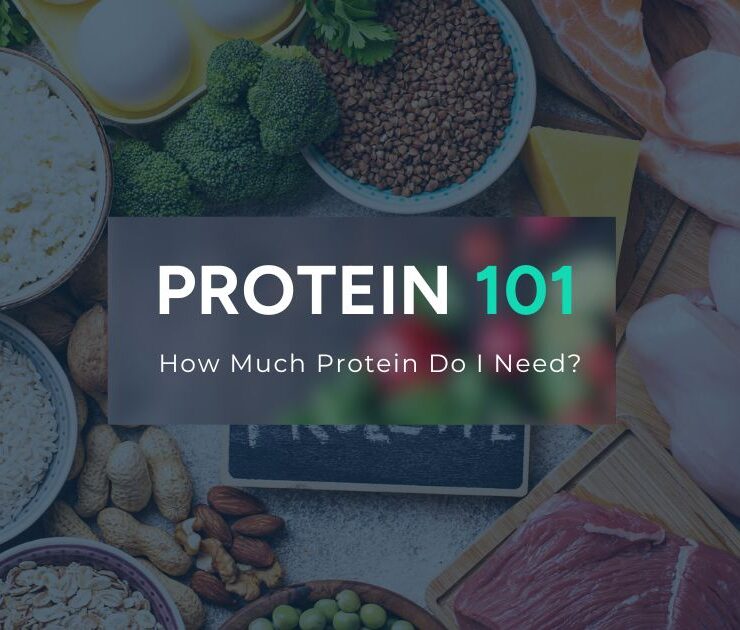Plant-based Living: Improve Health and Longevity

“You are what you eat” is a sentence we are tired of hearing by now. I’m sure it is in every parent’s repertoire to make their kids and teenagers eat their vegetables or to go easy on the candies. But, you know what? It’s true.
The products we put on our table can make us live better, and longer, especially if we prioritize nutrients primarily from plants. In simple terms: a plant-based diet. And it goes beyond fruits and vegetables. Nuts, seeds, oils, whole grains, legumes, and beans are part of it too.
This doesn’t mean that you are going to become a vegetarian or vegan and quit eating meat, fish, pork, or dairy. Instead, you will proportionately choose more of your foods from plant sources. There is no set ratio of plant to animal foods, but according to experts, at least 2/3 of each plate or meal you eat is a good way to start. Remember, the emphasis has to be on plants.
A lot of people think that a plant-based living will be restrictive, or complicated to sustain through the years, but in reality, it is quite the opposite. It actually opens the door to a world of new flavors, recipes, and culinary challenges. Besides, with this way of eating, we can get all the necessary protein, fats, carbohydrates, vitamins, and minerals for optimal health.
Can plant-based living increase our life expectancy? Science says: yes!
There are decades of investigations supporting the benefits of these types of diets for our well-being and health in general. They are associated with a lower risk of cancer, strokes, and heart diseases while supporting our immune system, reducing inflammation, and helping us maintain a healthy weight.
Plants have essential nutrients that other foods lack. The vitamins and minerals, phytochemicals, and antioxidants in plants help keep our cells healthy, the body in balance and the immune system functioning properly.
This last one is essential for lowering the risk for cancer because it can recognize and attack mutations in cells before they can progress.
A study from the University of Borgen processed data on premature death from over 7000 doctors and scientists around the planet, and concluded that “adopting a plant-based diet adds years—more than a decade—to the average person’s life expectancy”.
The Perks of Plant-based Living
According to its author, “the greatest longevity gains are enjoyed by those who make the switch as young adults, but even for older people, the perks of a plant-based diet are significant”.
Another recent research, published by JAMA Internal Medicine, found that replacing red meats and eggs with plant proteins appeared to bring down death risk by nearly 21% in women and 24% in men.
On the other hand, scientists from the University of Oxford found that eating nearly one-tenth of a pound of meat a day increases the risk of heart disease by 18%.
This is a terrifying statistic, considering that the U.S. has one the highest meat consumption rates per capita in the world. The average American consumes three-quarters of a pound of meat each day, and heart disease is the leading cause of death in the country.
The Right Type of Fat
Also, according to the American Heart Association, strokes cause one in six deaths from heart disease, and 87% of strokes are caused by fatty deposits in the blood. That institution, after over 30 years of investigations, discovered that people who eat meat-heavy diets are 16% more likely to suffer a stroke than those who do not. And in the same study, the experts found that men and women whose fat intake favors plant-based sources, such as olive oil and peanut butter, were 12% less likely to have a stroke.
Getting started with a plant-based diet
Like I said before, plant-based living does not mean we can’t eat meat. It means our meals are mostly plants: vegetables, whole grains, fruits, beans, seeds, and nuts.
And going back to the ⅔ method. We are going to fill two-thirds of our plate with the plant-based foods we have mentioned. For the remaining space, nutritionists recommend lean sources of protein like fish or chicken, or plant protein like tofu or beans.
More Tips from Experts in Plant-based Diets
We’ve gathered a couple more tips from experts in nutrition all over the world to help you if you´re thinking about transitioning into this new and healthy path:
- When you’re filling your plate, include multiple colors in your vegetables. You can enjoy them as a snack, with hummus, salsa, or guacamole.
- Change how you think about meat and start reducing the portions. As a decorator would say: “Make it a garnish, and not the centerpiece”.
- Try to consume good fats. Easy and healthy sources are olives, olive oil, nuts and nut butter, seeds, and avocados. And every day they are more and more accessible and well-known.
- Using healthy cooking methods and knowing how to make the most of vegetables can help us get all the benefits this type of diet offers. Obviously, deep-fried vegetables are out, as well as highly processed foods like crackers and cookies.
- Make it a challenge and cook a vegetarian meal minimum of one night every week. You can plan your plate around beans, whole grains, and vegetables.
- Put a little twist to your breakfast and include whole grains in it. You can start with oatmeal, quinoa, etc. And add fresh fruits, with nuts or seeds.
- When in doubt, go green! There are endless possibilities with green leafy vegetables like kale, collards, Swiss chard, spinach, etc. You can steam them, grill, braise them, or stir-fry them to preserve their flavor and nutrients.
- You can also build the whole meal around a salad. Fill a bowl with products such as romaine, spinach, or red leafy greens and take it to the next level with other vegetables, beans, fresh herbs, peas, or even tofu.
- After your amazing dinner, if you’re craving a sweet bite, you can eat fruit for dessert. Peaches, apples, watermelon, mango, pineapple, or any other fruit will be a light and refreshing company at the end of every meal.
Even with all this information, it relies on us to be disciplined and make healthy choices. A plant-based diet can be a fun project with your family, a challenge for those who love cooking, and the entry door to a world of new flavors for those who want to explore. Our health and longevity is the ultimate goal.
References:
https://www.cuimc.columbia.edu/news/what-plant-based-diet-and-it-healthy
https://thehumaneleague.org/article/plant-based-life-expectancy
https://www.cdc.gov/nchs/fastats/leading-causes-of-death.htm







